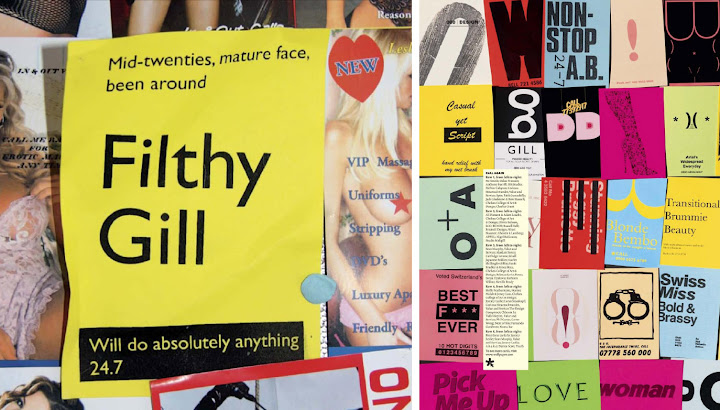
Drawing by Walter Ong from The Walter J. Ong Collection
Whereas the spoken word is part of present actuality, the written word normally is not. The writer, in isolation, constructs a role for his "audience" to play, and readers fictionalize themselves to correspond to the author's projection. The way readers fictionalize themselves shifts throughout literary history: Chaucer, Lyly, Nashe, Hemingway, and others furnish cases in point.from Walter Ong´s famous text, "The Writer's Audience Is Always a Fiction" (PMLA, Vol. 90, No. 1 (Jan., 1975), JSOR)
All writing, from scientific monograph to history, epistolary correspondence, and diary writing, fictionalizes its readers.
In oral performance, too, some fictionalizing of audience occurs, but in the live interaction between narrator and audience there is an existential relationship as well: the oral narrator modifies his story in accord with the real-not imagined-fatigue, enthusiasm, or other reactions of his listeners. Fictionalizing of audiences correlates with the use of masks or personae marking human communication generally, even with oneself. Lovers try to strip off all masks, and oral communication in a context of love can reduce masks to a minimum. In written communication and, a fortiori, print the masks are less removable.




